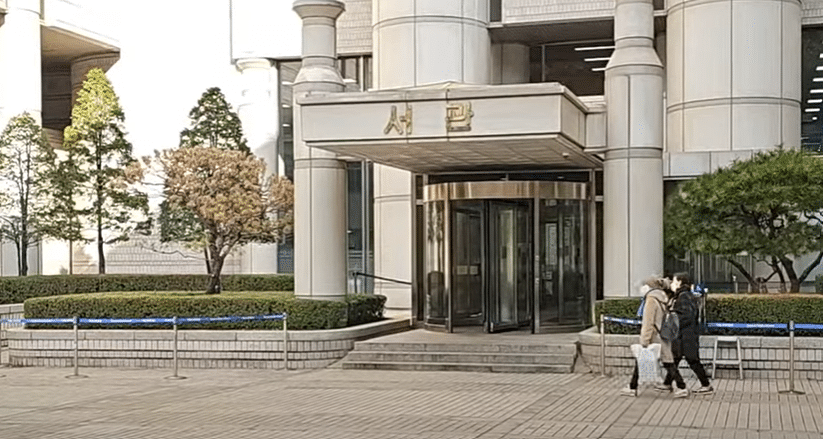
South Korean prosecutors have been dealt a blow in their efforts to shut down Kimchi Premium cryptocurrency trader, with 14 suspects acquitted.
Authorities have charged 16 people with illegally transferring $3.2 billion worth of assets, including cryptocurrencies, fiat currencies, and goods.
Newsis reported that two of the group were convicted of misdemeanors. The court sentenced one person to 12 months in prison. The court sentenced the other man to six months in prison.
South Korean prosecutors request retrial
The Seoul Central District Court acquitted 14 of them. The group also included the individual prosecutors suspected of masterminding the operation.
Prosecutors are trying to hunt down a cryptocurrency trader suspected of abusing the value of virtual currency exchanges to the tune of about $6.5 billion.
The district court dismissed the prosecution's complaint. The court said the case was not an act of law and was based primarily on the Supreme Court's precedent decisions.
However, the prosecution stated that it was “dissatisfied” with the court's decision and has already filed an appeal.
The case will now be heard by the High Court, and prosecutors are confident they will get a more favorable verdict.
What is Kimchi Premium?
Kimchi premium is a phenomenon where Bitcoin (BTC) and altcoins are traded at much higher prices on Korean exchanges than on international platforms.
This phenomenon frequently occurs when demand increases in the Korean retail investment market.
Many traders have tried to exploit this. Typically, they purchase coins from foreign over-the-counter sellers. They then effectively “dump” these coins onto domestic platforms.
Premiums peaked at around 55% during the 2017 bull market, but rose back to nearly 20% during the 2020-2021 bull market.

While this type of transaction may be unethical, South Korea's legal community is divided over the question of whether it actually violates domestic law.
Prosecutors accused the group of conducting more than $3 billion worth of such transactions “from April 2021 to August 2022.”
Prosecutors told the court the group tried to conceal its activities by using a network of shell companies and processing “false trade payments.”

However, the court ruled that it would be difficult to prove beyond a doubt that the defendant had committed any wrongdoing.
The presiding judge also ruled that Supreme Court precedent did not address the core issue at issue.
North Korea completely abandons economic cooperation with South Korea – KCNA https://t.co/XuFp1XgYYN pic.twitter.com/YCMyaaVvtJ
— Reuters (@Reuters) February 7, 2024
Instead, the justices said, the Supreme Court's decision focused on the individual's guilt and his own wrongdoing, rather than the thorny issue of premium kimchi trading.
A number of new crypto-related laws are set to come into effect on July 19 of this year, outlining new penalties for crimes related to crypto market manipulation.



